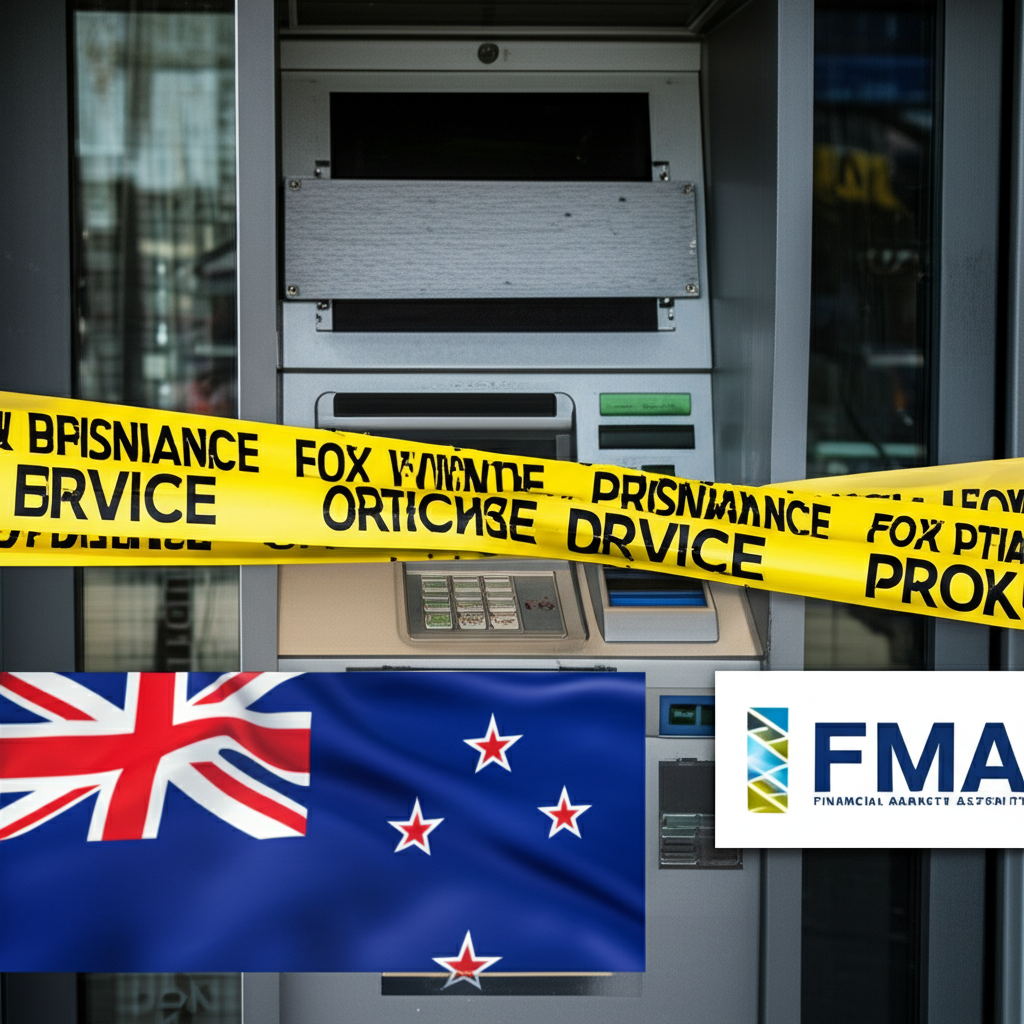New Zealand Cracks Down: Crypto ATM Ban Sends Shockwaves Through the Industry
New Zealand’s recent ban on cryptocurrency ATMs has sent ripples through the global crypto community, highlighting growing concerns about regulation, anti-money laundering (AML) compliance, and the accessibility of digital assets. The move by the country’s financial markets authority underscores a broader global trend of tightening regulations in the rapidly evolving cryptocurrency landscape.
Why the Ban Matters: Addressing Regulatory Gaps and AML Concerns
The Financial Markets Authority (FMA) of New Zealand cited significant regulatory gaps and AML/CFT (Anti-Money Laundering/Combating the Financing of Terrorism) concerns as the primary reasons behind the ban. This decision reflects a growing international push to regulate cryptocurrency transactions more effectively to prevent illicit activities, such as money laundering and terrorist financing. The lack of a robust regulatory framework surrounding crypto ATMs, according to the FMA, presented an unacceptable risk. While specific numbers of crypto ATMs operating in New Zealand before the ban aren’t readily available through immediate online searches, the impact on users seeking convenient crypto access is undeniably significant.
Impact on Retail Access and Compliance
The ban directly impacts the accessibility of cryptocurrencies for New Zealand citizens. Prior to the ban, crypto ATMs offered a relatively straightforward method for individuals to buy and sell digital currencies. The FMA’s action suggests that the existing regulatory environment was insufficient to adequately supervise these machines and ensure compliance with AML/CFT requirements. This decision raises important questions about the future of retail crypto access in New Zealand and potentially sets a precedent for other countries grappling with similar regulatory challenges. We can infer that the FMA likely found a lack of proper KYC (Know Your Customer) processes and transaction monitoring in place at the majority of existing crypto ATMs.

Global Implications and Future Regulatory Trends
New Zealand’s move is not an isolated incident. Many countries worldwide are grappling with how to best regulate cryptocurrencies, balancing the potential for innovation with the need to mitigate risks. Similar regulatory actions, such as stricter licensing requirements for cryptocurrency exchanges and increased scrutiny of digital asset transactions, are becoming increasingly common. The New Zealand ban signals a stricter approach to managing the risks associated with crypto ATMs, possibly influencing similar regulatory decisions in other jurisdictions.
While crypto ATM providers might explore legal challenges or lobby for revised regulations, the FMA’s stance reflects a determined effort to strengthen AML/CFT controls and bring crypto activities under closer supervision. Further research into the FMA’s official statements and press releases will likely reveal more detailed reasoning behind their decision.
Key Takeaways:
- New Zealand banned crypto ATMs due to regulatory gaps and AML/CFT concerns.
- The ban significantly impacts retail access to cryptocurrencies in New Zealand.
- This decision reflects a global trend towards stricter regulation of cryptocurrencies.
- The ban highlights the challenges of balancing innovation with the need to prevent illicit activities.
- The long-term effects on the New Zealand crypto market and similar regulatory actions globally remain to be seen.










